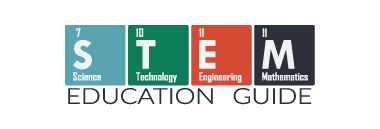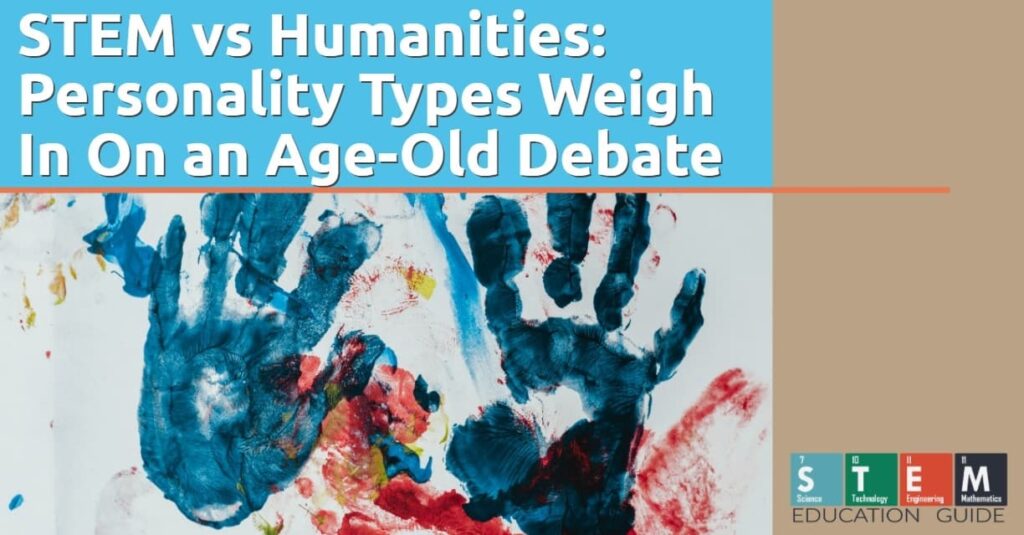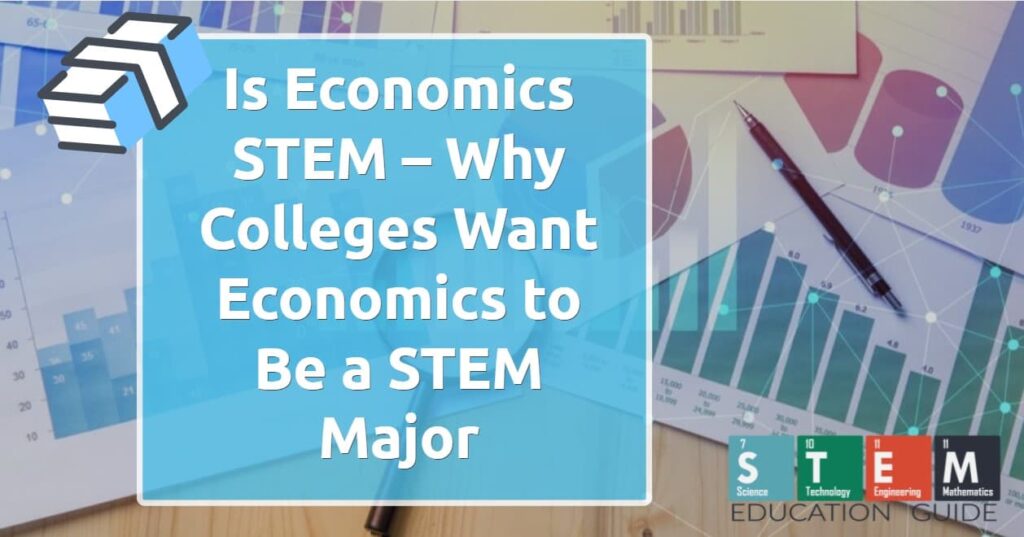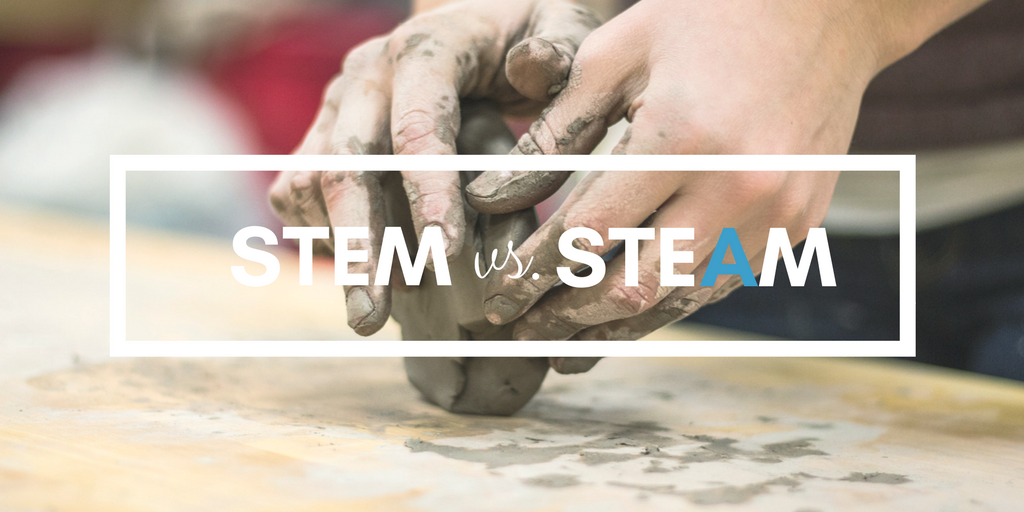There’s a lot of debate on the sciences versus the arts and STEM vs humanities.
The debate about the superiority of one over another dates back to centuries and remains often polarized and heated in today’s era, in conversations among friends and professional environments.
In every sense of the word, humanities define the study of human culture or how people comprehend and express human experience. Conventionally, the humanities range from fields such as cultural studies, art, music, languages, religion, literature, and history to philosophy.
The humanities are distinct from disciplines that study physics, chemistry, and other natural processes and those that assess human behavior and social relations, such as psychology, economics, and political science.
The gravitation towards a wealth of academic disciplines usually starts developing early (edc) in life. For one child, storytelling and reading books may tickle their fancy, whereas another may lean more towards coloring or tinkering with building toys.
As students advance to vocational school, postsecondary education, or college, their choices regarding what to study might be influenced by the flexibility of opportunities, the future, and job security. Keeping that in mind, how does personality type influence academic preferences?
To answer this question comprehensively, we asked a few people whether they gravitate more towards the humanities majors compared to science or math, and here are the results based on personality type.
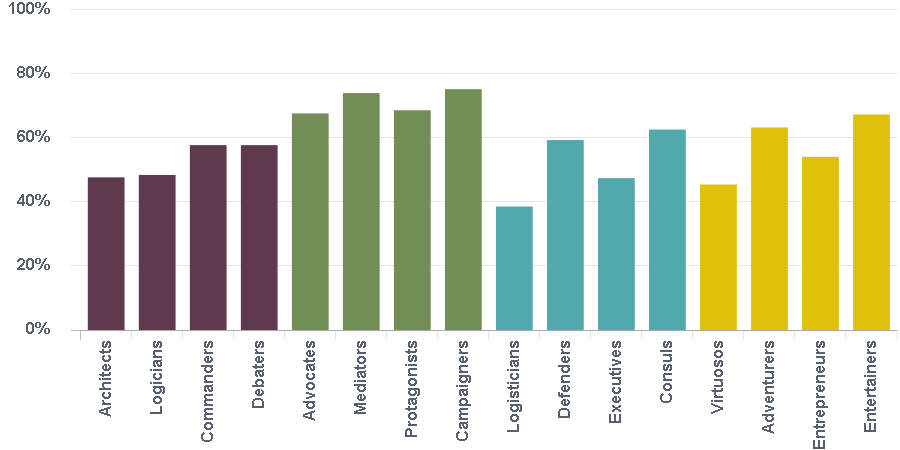
The table indicates the percentage of people who prefer studying the humanities programs to science or math. It comes as no surprise that the personality types with the ‘feeling trait’ emerged as the highest with 68%, consenting to 18% higher than those with the ‘thinking trait’ (50%).
However, the results depict considerable variations between each personality trait pairing, and here’s why.
Table of Contents
Roles
Diplomats (72% agreeing)
Those with the feeling personality trait showed the strongest consensus among the four roles. The feeling types want to comprehend their emotions and others, which is where humanities come into play.
With an emphasis on the human experience, humanities allow you to feel a sense of connection (sdhumanities) to others, including people from different cultures, places, and times. For diplomats who strongly believe in understanding and empathy as the essential foundations for creating social harmony, this is particularly essential.
Granted, sciences and arts call for reasoning coupled with critical thinking skills. However, the humanities require interpretation rather than concrete answers.
Here’s where the Intuitive trait (a core Diplomat personality trait) comes into play. Creative and curious, intuitive people delight in asking questions, gain insight, picture the future, and find the hidden meaning.
Humanities revolve around this type of work. Diplomats appreciate anything that permits diverse interpretations and diversities, with many perceiving science and math as being overly rigid for their preference.
For Campaigners (75%) with the ENFP personality trait, this is particularly true. After all, they agreed more than other personality types that humanities are right up their alley.
Campaigners are sociable, free-spirited, and creative with a profound interest in comprehending the human experience. Given that social causes and personal fulfillment tickles their fancy, Campaigners are more at ease (compared to other personality types) with the notion that pursuing humanities-related careers doesn’t bring in the big bucks.
Explorers (61%)
Although they indicated a preference for the humanities, their consensus was considerably lower than Diplomats due to their Observant personality traits. It not only makes them pragmatic but also realistic.
A plethora of Explorers is interested in useful, solid solutions to problems that crop up, a fundamental underpinning of technological and scientific pursuits. Even so, courtesy of their core prospecting trait, Explorers thrive at connecting with their environment and exude spontaneity.
As a result, this explains why the humanities, which encompass human connections and provide ample room to explore a wealth of academic paths, are relatively appealing to Explorers as a group.
Sentinels (55%)
Like the Judging and Observant personality traits, this perfect combination makes Sentinels fact-oriented and practical individuals who value predictability, clarity, and accuracy. In many ways, the former is an ideal fit when it comes to the STEM vs humanities comparison.
After all, STEM fields follow a scientific method to confirm that a practicable hypothesis falls right into Sentinels’ comfort zone, in addition to solving a math problem that must have one accurate answer. In contrast, the interpretive, subjective nature of the humanities is less appealing to a plethora of Sentinels.
Although 63% of Consuls with the ESFJ personality type concurred that they gravitate more towards the humanities, a mere 39% of Logisticians with the ISTJ personality trait shared the same sentiments.
The powerful divide stems from the Feeling-Thinking dichotomy. Consul personalities entail engaging with others, and they’re known for their sociable rather than cerebral traits.
They perceive humanities as offering more opportunities to share commonalities with others and nurture personal relationships.
Contrarily, Logisticians, the least likely of all personality types to delight in the humanities, are process-oriented, analytical, and decisive, traits that serve them well in STEM fields.
Furthermore, they’re usually inflexible in their thinking. It can be an uphill battle for them to understand other perspectives, an invaluable ability in the humanities.
Logisticians take stability and responsibility seriously, allowing them to naturally gravitate towards various STEM fields due to the higher salaries and job security they usher in.
Analysts (53%)
Renowned for being rigorously logical, Analysts (16personalities) are usually associated with science, math, and other disciplines. It’s, therefore, no surprise that out of all the roles, Analyst personality types were the most neutral, which means they didn’t feel compelled towards STEM or the humanities. Thinking personalities highly value objective, logical reasoning.
Although it’s factual that these are the hallmarks of scientific reasoning, people in whom the Thinking attribute is prominent believe that their logical approach should and can be applied to each discipline, ranging from music to microbiology.
The core intuitive attribute of analysts supports the creative impulses and imagination that might balance out their more dispassionate and rational side. For each well-known inventor or scientist, such as Albert Einstein, Elon Musk, and Edison, there’s an equally esteemed philosopher or artist such as Mark Twain, Beethoven, and Nietzsche.
Strategies
Constant Improvement and Social Engagement (64% and 69% Consensus)
Overall, Turbulent personality types (66%) showed a greater likelihood compared to the Assertive counterparts (56%) when it comes to interest in the humanities. The former is more sensitive and emotional to stress compared to their Assertive counterparts.
Given that the humanities provide a wealth of ways to identify and solve problems, this takes the pressure off finding one accurate answer.
However, the appeal of the humanities for these personalities likely stems from the opportunity to find outlets for emotional expression and establish connections.
Turbulent personality types are also usually perfectionists, so they might perceive the humanities as permitting their need to make more of themselves.
As extraverts, Social Engagers consented to a slightly higher rate compared to Constant Improvers. With the humanities focusing on the human experience, Social Engagers find this attractive because social relationships amp them up. The external simulation that dance, art, music, and other disciplines deliver is thrilling for these personality types.
Contrarily, constant Improvers are introverted personality types that are drawn to quiet, minimalist environments. They’d happily choose the cozy corner of a library than the bright lights of a stage with all eyes on them. Constant Improvers are on the quest for personal growth from their studies rather than interpersonal connections.
People Mastery (60%)
Although people masters usually opt for humanities, not as strongly. Their Assertive personality traits make them less interested in personal reflection and are self-confident compared to the turbulent counterparts.
These are tendencies that lure them to STEM fields. Nonetheless, they desire to understand other people and crave social contact, making the humanities a perfect fit.
Confident Individualism (49%)
Confident individuals proved to be neutral (49%) when it came to academic preferences, an outcome that speaks to their Assertiveness rather than their introverted nature.
Not easily swayed coupled with self-reliance, these personality types are content in following their passions and interests. Compared to other strategies, confident individualists in their entirety have unwavering confidence that they can thrive in any academic discipline of their choice.
Is Economics STEM? In our article here, we take a hard look at Why Colleges Want Economics to Be a STEM Major.
STEM Prepares Students for Jobs
The importance of STEM education is gaining traction in schools across the US, and for good reason. While the state requires a fundamental level of study in the humanities, higher learning in major technical fields emphasized in STEM steers the society in its entirety, in the right path.
It’s a no-brainer that an education at any school should permit students to become well-rounded and articulate. However, it’s only great schools that will allow the environment to thrive in challenging disciplines such as math, technology, and engineering.
The world requires America to do better by taking a more rigorous approach to STEM education. It needs a cure for heart disease, cancer, and HIV/AIDS. With more action needed, STEM education undoubtedly paves the way.
With Iran and Saudi Arabia taking control of the oil sector by regulating the prices, the future is bleak for traditional fossil fuels, which is an indicator for alternative energy for the US and all UN countries.
Without emphasizing STEM education, the youth are not propelled towards becoming the world’s future researchers who can acquire the much-needed STEM skills for a better tomorrow.
With the generation of Baby Boomers getting older, medical attention is needed. As a result, there’s also a plummeting interest in the healthcare sector, with an anticipated drastic shortage of physicians by 2025. It’s alarming, to say the least.
Encouraging the study of humanities from an early age implies supporting a wider field of knowledge, which is a double-edged sword. The job opportunities for humanity-based education are significantly limited compared to individuals with expertise in STEM occupations and fields.
Therefore, encouraging students to a field of innovation and opportunity rather than a cultural-based counterpart is a no-brainer.
The opportunities for STEM majors are in abundance and superior in quality. According to Payscale, 15 of the top-paying college majors are STEM-related, which means STEM education from an early age sets up learners for financial success. The job opportunities for a humanities discipline pale in comparison.
Mastering complex languages can pave the way for legal professions, whereas studying philosophy and history usually leads to teaching careers in philosophy and history.
The problem isn’t with the humanities but rather that they’re not ideal for most a multitude of professional careers in the US. Humanities should be studies outside of the academic environment in addition to character rather than resumes.
Supporting STEM education, particularly for the middle-class and lower-class students, will help get rid of the socioeconomic barriers as the young upper class and upper-middle class learners usually wander into liberal arts schools for a well-rounded education.
The Bottom Line
While the STEM vs humanities debate can be polarizing, the truth is that a boatload of personality types consent to the fact that interdisciplinary education is soaring in popularity as we learn to comprehend and thrive in an increasingly technological and globalized era.
The relatively neutral rates might be indicators of changing attitudes towards learning. Uniting STEM subjects and the humanities is for the better.
After all, we need artists and writers who can optimize technology to foster effective communication to a wider audience, just as much as we need engineers who can factor in their projects’ cultural and human impacts.
When various personality types gravitate towards a particular discipline, it guarantees the diversity of perspectives which is the key to pushing boundaries, achieving progress, and advancing knowledge.
For a discussion related to this, please look at our article, STEM vs. STEAM: Making Room for the Arts.
